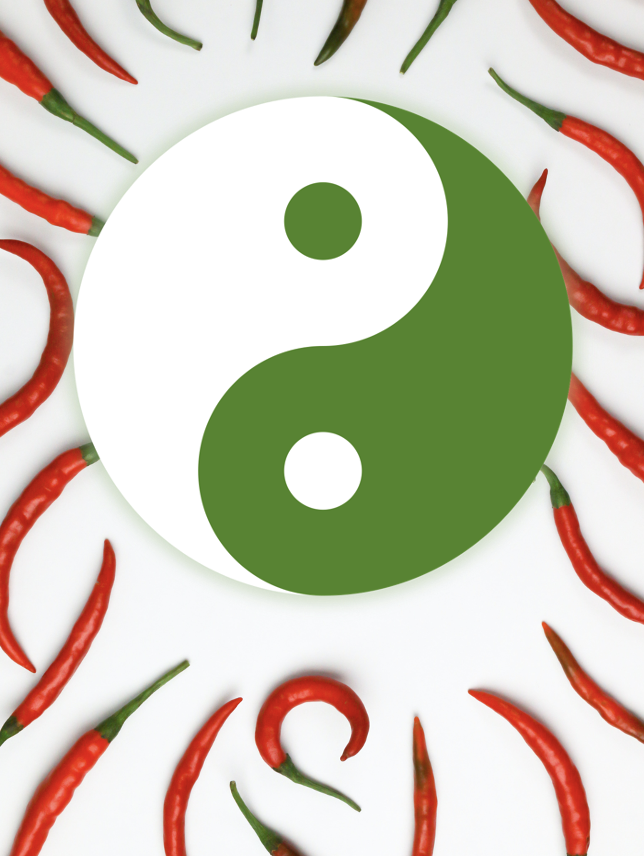Tis the season of gratitude. Gratitude is an important virtue that helps us live well. Like other virtues, gratitude can be found in the middle between vices. Too little gratitude is grumpy and rude. Ungrateful Scrooges live narrow and cramped lives. The ingrate is egoistic and resentful, too focused on what he doesn’t have to give thanks for what he has received.
But too much gratitude is servile and smarmy. Sycophants and suck-ups are effusive in their gratefulness. Sometimes this is manipulative, as the suck-up says thanks to ingratiate themselves to others. The overly grateful seem to lack self-respect and a sense of proportion.
Gratitude demands mindfulness and care. And it involves a kind of reciprocity. When a slave thanks his master for scraps, gratitude is being abused. So, too, when the boss fails to thank his employees for their hard work.
There are other ways that gratitude can misfire. One example is the mass-produced thank-you note. “Dear sir/madam,” the pre-printed note says. “Thanks for the gift.” An anonymous thank-you is better than nothing. But transactional acknowledgement is not authentic gratitude. An anonymous note is a mechanical response devoid of personality. It does not recognize the gift you gave nor the time and thought you put into it.
Genuine gratitude recognizes the person behind the gift. It is more than a transactional exchange. Of course, some gifts are merely transactional — say, an automated donation to a charitable organization. But soulful gifts deserve a personal thanks that celebrates the thought and care of the giver.
On the other hand, some folks go overboard with their thank-you’s. Gratitude goes wrong when it is out of proportion with the gift. It would be odd, for example, for a friend to bring you an expensive souvenir as a thank-you gift for a quick ride to the airport.
You might suspect, in a case like this, that the excessive thanker is buttering you up and preparing to ask for another favor. Virtuous gratitude ought to be free of ulterior motives. You shouldn’t give thanks to show off or to butter up. Genuine gratitude is not selfish or manipulative.
Gratitude is an important part of the project of living well. It is correlated with positive neurological states. Some studies even suggest a grateful spirit can help with longevity and psychological well-being. A grateful way of living is open and receptive, humble and joyful— and healthy!
A generally thankful mindset is not merely a response to a gift. This is not gratitude for something or toward someone. Spiritual gratitude is broader than that.
Religious people thank God as the source of goodness with prayers before meals and at day’s end. This can be linked to a general “count your blessings” attitude. You can overcome a gloomy mood by counting your blessings, and by recognizing that things could be worse.
But gratitude is not the only thing that matters. It misses the point to tell a slave to overcome resentment and count his blessings. Critics of gratitude say it is too passive and acquiescent. Other virtues are also important: justice, courage, and self-respect.
But the saints of gratitude approach life with an accepting and grateful spirit. The grateful saint does not view gratitude as a boring duty, or as a mere transaction. Nor does she use it as an opportunity to show off or suck up. Rather, the paragons of thankfulness experience a kind of unconditional gratefulness that is happy to receive whatever is given.
The affirmative gladness of deeply grateful people overcomes resentment. They view each moment as a gift. They treat every day as Thanksgiving. They seem to believe that we ought to be grateful because things are fundamentally good.
But is it always good to be grateful? Should we give thanks for everything — even for wars and toothaches? Or is gratitude properly reserved for gifts that are genuinely good?
We have wandered into deep questions here about the wisdom of gratitude and the state of the world. These questions can provide food for thought to accompany the pumpkin pie. And thankfully, every year at this time we have the chance to ask ourselves what we are grateful for, and why.
Read more at: https://www.fresnobee.com/opinion/readers-opinion/article282215153.html#storylink=cpy






